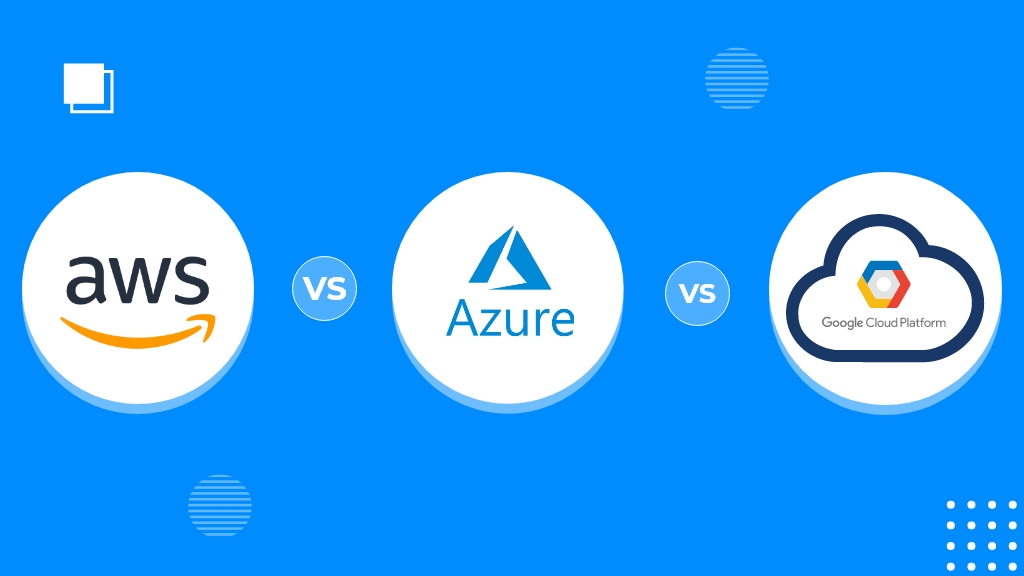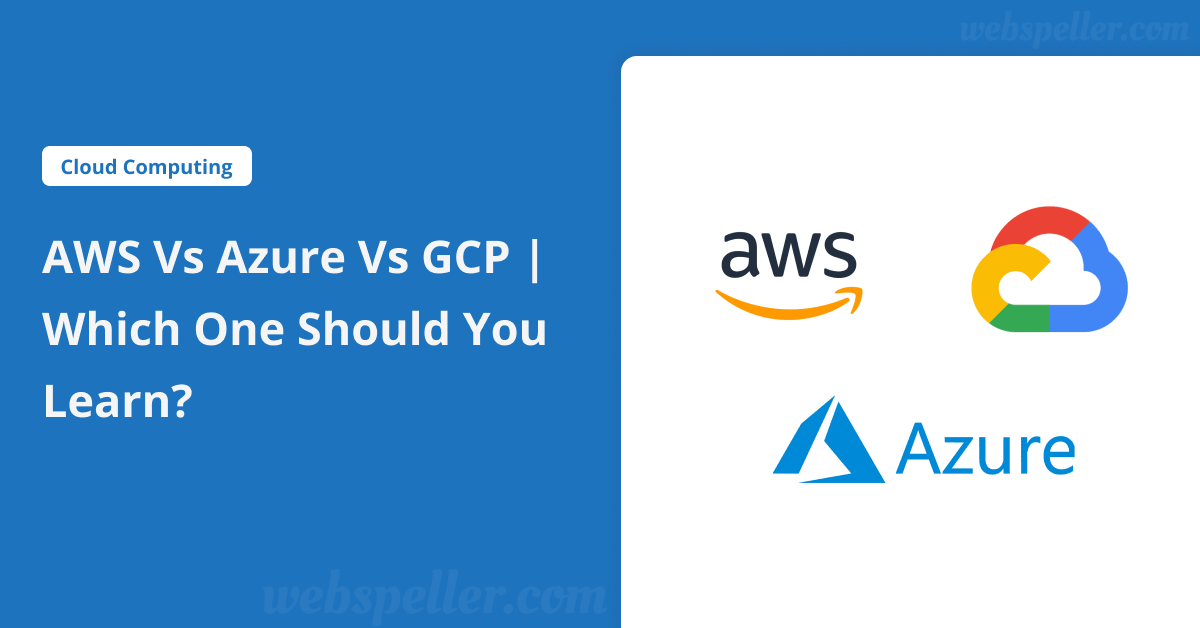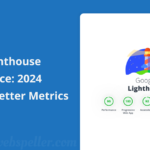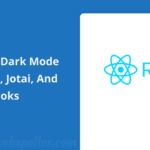
Table of Contents
In today’s tech-driven world, choosing the right cloud platform can be a game-changer for your career. The question of “AWS vs Azure vs GCP — which one should I learn?” is a common one for both beginners and seasoned professionals looking to enhance their cloud computing skills. Each of these three major cloud platforms offers its own set of benefits, features, and opportunities. However, the best choice for you will depend on factors such as market demand, job opportunities, and your personal career goals. In this detailed guide, we’ll explore each cloud provider, highlight their pros and cons, and help you decide which platform will give you an edge in the competitive job market.
Why Cloud Skills Matter
Cloud computing is no longer the future—it’s the present. With businesses of all sizes migrating their operations to the cloud, the demand for cloud professionals has skyrocketed. Whether you’re looking to become a cloud engineer, architect, or developer, mastering one or more of the top cloud platforms can significantly boost your career prospects. Let’s break down the key factors to consider when deciding between AWS, Azure, and GCP.
Amazon Web Services (AWS)
AWS is the oldest and most widely used cloud platform in the world, and for good reason. Launched by Amazon in 2006, AWS has had a significant head start, which has helped it develop a mature, feature-rich ecosystem. It holds the largest share of the public cloud market, making it a top choice for businesses and professionals alike.
Pros of AWS:
- Market Leader: AWS is the largest cloud provider, with a 30% market share. This means a high demand for AWS-certified professionals.
- Extensive Services: With over 200 fully-featured services, AWS offers tools for computing, storage, databases, machine learning, and more.
- Strong Community Support: AWS has a vast ecosystem of resources, including documentation, workshops, online courses, and communities like AWS re:Invent.
- Global Presence: AWS has data centers across the globe, ensuring strong performance and availability for enterprises worldwide.
Cons of AWS:
- Complexity: AWS offers a vast array of services, which can be overwhelming for beginners. Its complex billing system is also a frequent pain point for users.
- Steep Learning Curve: Due to the breadth of services, AWS can take longer to master than other platforms.
Notable Companies Using AWS:
- Netflix
- Airbnb
- Spotify
Why Learn AWS?
AWS is a great choice if you’re just getting started with cloud computing. It offers the most job opportunities due to its dominance in the market. AWS certifications are highly sought after by employers, and there’s an abundance of learning resources available, making it easier to dive in as a beginner.
Microsoft Azure
Azure is the second-largest cloud provider, with a strong focus on interoperability, particularly for businesses already integrated with Microsoft products. Its hybrid cloud solutions stand out, making Azure a popular choice for enterprises with on-premise infrastructure.
Pros of Azure:
- Integration with Microsoft: Azure integrates seamlessly with Microsoft products like Office 365, Windows Server, and Active Directory, making it a natural choice for companies already in the Microsoft ecosystem.
- Hybrid Cloud Capabilities: Azure offers robust hybrid cloud solutions, which is ideal for companies looking to blend on-premise data centers with the cloud.
- AI and DevOps Tools: Azure has strong offerings in AI with Azure Cognitive Services and DevOps tools through Azure DevOps.
Cons of Azure:
- Documentation Gaps: Compared to AWS, Azure’s documentation can sometimes be lacking in depth.
- Inconsistent Support: Users have reported mixed experiences with Azure’s customer support.
Notable Companies Using Azure:
- eBay
- Boeing
- Samsung
Why Learn Azure?
If you’re working with or interested in Microsoft technologies, Azure is the clear choice. Its integration with Microsoft tools and hybrid cloud support make it a powerful platform for enterprises. Plus, its growing market share ensures there are plenty of job opportunities available for those who specialize in Azure.
Google Cloud Platform (GCP)
GCP is known for its competitive pricing and exceptional capabilities in data analytics, machine learning, and AI. While GCP is the smallest of the three cloud providers in terms of market share, it has been growing rapidly, especially in sectors like big data and AI.
Pros of GCP:
- AI and Machine Learning Tools: GCP offers a comprehensive set of tools for AI and machine learning, making it a great choice for data scientists and developers.
- User-Friendly Interface: GCP is known for its simple and intuitive interface, making it a good choice for beginners.
- Cost Efficiency: GCP’s pricing model is often more flexible and cost-effective than AWS or Azure.
Cons of GCP:
- Smaller Ecosystem: GCP has fewer services and a smaller global presence than AWS and Azure.
- Less Market Demand: GCP has a smaller share of the job market, which may limit job opportunities compared to AWS and Azure.
Notable Companies Using GCP:
- Coca-Cola
- Snapchat
- Ubisoft
Why Learn GCP?
GCP is an excellent choice if you’re interested in AI, machine learning, and data analytics. It also has a growing ecosystem and offers one of the highest-paying certifications—the Google Certified Professional Cloud Architect. GCP’s strong integration with open-source technologies like Kubernetes makes it a valuable platform for developers working in cloud-native environments.
How to Choose Between AWS, Azure, and GCP
Choosing the right cloud platform comes down to your goals and the job market in your region. Here are a few considerations:
- Market Demand: If you’re looking for the safest option with the most job opportunities, AWS is the leader in both market share and demand for professionals.
- Current Skills: If you’re already working with Microsoft products or services, Azure might be the best fit for you, especially in environments with hybrid cloud setups.
- Specialization: If you’re interested in data science, machine learning, or AI, GCP offers specialized tools that can give you an edge in those fields.
- Job Competition: While AWS and Azure have more job openings, they also come with higher competition. GCP, being less popular, may offer less competition for open roles.
Conclusion
In the debate of AWS vs Azure vs GCP, the right choice depends on your personal goals and the specific needs of the companies you aim to work for. AWS is a solid starting point due to its market dominance and abundant learning resources. Azure is ideal if you’re already invested in Microsoft technologies or are targeting a hybrid cloud environment. GCP is the best choice if you’re aiming to work with cutting-edge AI and machine learning technologies.
No matter which cloud platform you choose to learn, remember that the core principles of cloud computing remain the same across all three. Mastering one will make it easier to pick up the others in the future. The key is to start, gain hands-on experience, and build a versatile skill set that will prepare you for the ever-evolving world of cloud technology.
So, which one will you start with—AWS, Azure, or GCP? Let us know in the comments below and begin your cloud journey today!


